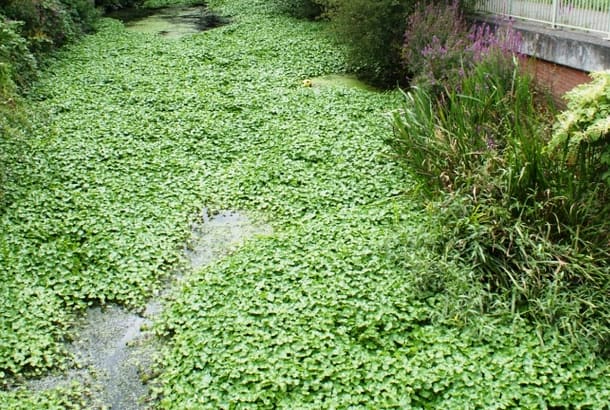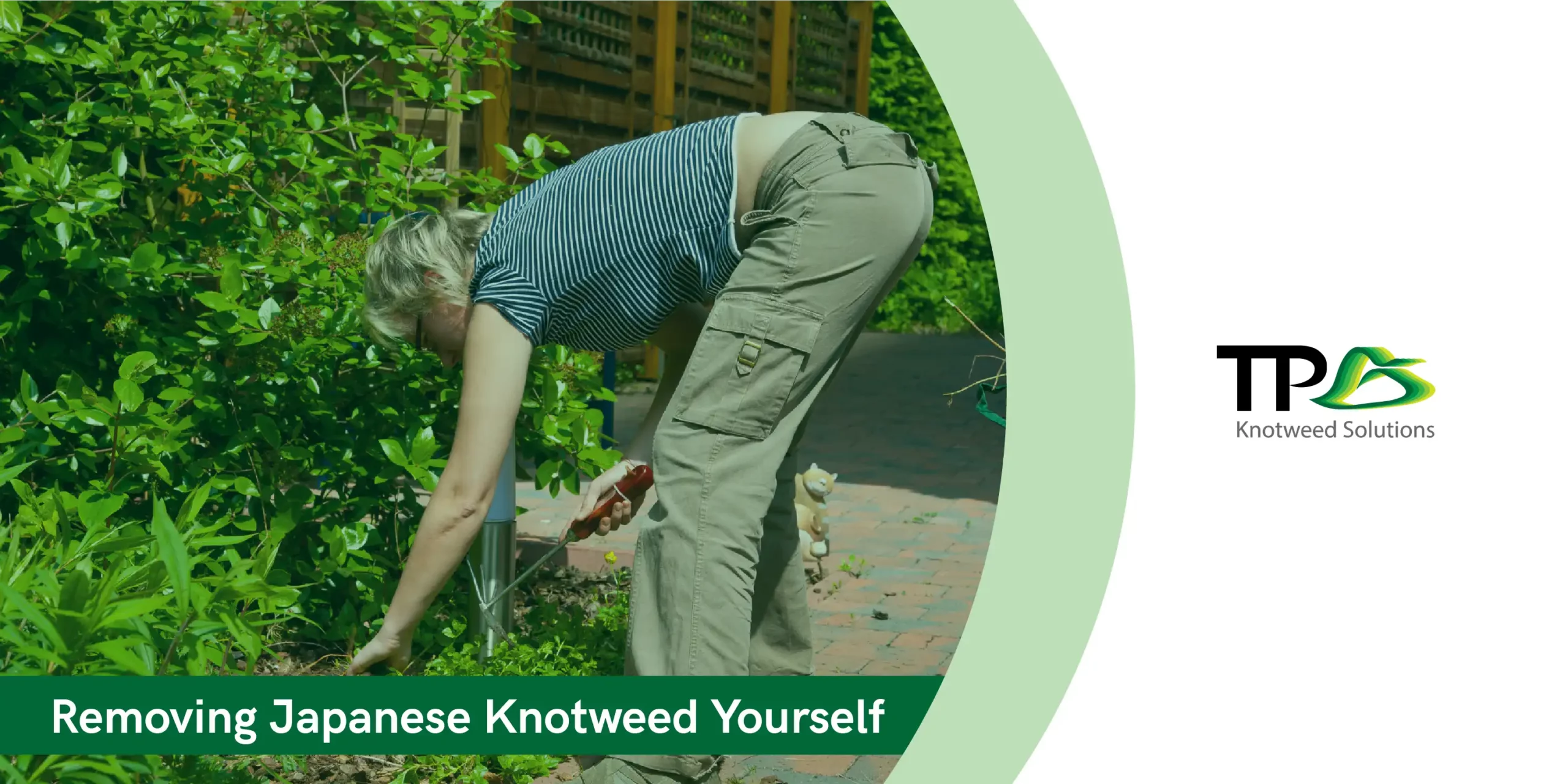Combating non-native & invasive species in the UK
At TP knotweed, we always welcome new measures to prevent the spread of invasive species in the UK. There has been an increased focus on the role of the law in protecting our wildlife, environment, and our economy, in the form of Species Control Orders (SCOs).
Whilst there are regulations with regards to knotweed at the moment, many have argued that these are not adequate:
- Wildlife & Countryside Act, 1981 – It is an offence to plant or otherwise grow knotweed in the wild.
- Environmental Protection Act, 1990 – As outlined in this act, knotweed is considered a ‘controlled wasteland must be disposed of responsibly.
Growing knotweed and defying the Wildlife & Countryside Act can result in jail, whilst an infringement on the Environmental Protection Act will prompt action by the Environmental Agency, with the potential for a massive fine. It is also possible to be held to account for any damage resulting from the spread of knotweed to other properties surrounding yours. There also needs to be consideration about the Hazardous Waste England & Wales Regulations and the Control of Pesticides Regulations, especially when using chemicals to remove invasive plant species.
Law Commission report
However, a recent report by the Law Commission suggests that further to these existing regulations, the government and local authorities should have the power to force control and removal of invasive plant species, with the threat of action if the landowner does not respond accordingly. In most cases, the owner of affected land is encouraged to combat the infestation, but this report has highlighted some cases in which the authorities may struggle to impose any influence.
The report, published in February 2014, suggests that a new ‘Species Control Order’ should be created with the function of allowing the authorities to “compel owners or occupiers to carry out control or removal operations, or allow such operations to be carried out by the bodies themselves.” This would strengthen the law on non-native species of the plant and wildlife variety, with a view to protecting the interests of the UK environment and economy.
Protecting the environment
Holding landowners to account of allowing invasive species to grow on their premises would help to protect the environment in Britain on a number of levels. The problem with non-native species such as Japanese knotweed is that they upset the natural balance of the species in the native environment, causing damage to other plants and to the local wildlife.
According to an article by The Guardian, Nicholas Paines QC, said of the Law Commission findings; “Invasive non-native species are a threat to biodiversity. Early detection and removal are essential to protect native species and minimise damage to the environment.” He argues, therefore, that a new ‘Species Control Order’ is required as a matter of priority. According to the same piece, “the orders could be issued only where the plant or animal has been identified as non-native and deemed to be invasive – a serious threat to local biodiversity or economy.”
Protecting historical architecture & culture
Along with the environmental impact of allowing invasive species to flourish, there is a wider cultural issue at hand. In Britain, we have many stunning buildings and multiple examples of fine historical architecture. Our churches, castles, cathedrals, and manor houses attract tourists from across the globe, and non-native species such as Japanese knotweed can threaten the structural integrity of these historical attractions.
From a sentimental point of view, it would be a disaster for Britain’s historic buildings to be affected by species that have been brought over before the potential consequences were understood.
Protecting the economy
As well as the environmental, wildlife, and cultural considerations that landowners should consider in their approach to non-native species, there is also an economic responsibility. Allowing invasive plant species such as Japanese knotweed to grow without challenge can severely impact the local economy by putting important buildings and commercial centres at risk of structural damage.
When constructing buildings that will be home to local businesses that will be employing local residents, it is imperative to ensure that they are sustainable and will help local people in the long-term.
The healthiness of local economies translates into the wider UK economic performance. Maintaining stringent regulations about plant species helps to make sure that infrastructure is solid and there is the best possible basis for performance and growth.
The special control orders
Enhancing the regulations that govern the handling of invasive non-native species can only be a good thing. Whilst most people acknowledge the importance of tackling the issue and allowing the authorities to protect the environment, creating official control measures would close a loophole and ensure that the authorities are able to enforce action if needed.
For more information get in touch with one of our specialists by calling 0800 389 1911 or by contacting us online.




